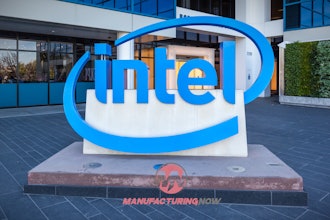Let’s all take a moment to thank Amazon, and their Ring doorbell division, for looking at ways to keep us -- and the packages we purchase from them -- safe … by profiling people via their eye color, fingerprints, skin texture, gait and possibly odor.
After all, something this well-intentioned could never go wrong, right?
According to a recent report by Business Insider, Ring has filed nearly 20 patents related to the development of a camera network that could capture all of these different traits and combine them in a sort of neighborhood-watch database identifying “suspicious” people.
Going a step further, Ring’s network of doorbell cameras could scan neighborhoods and use advanced facial-recognition software -- tied to the nearly 2,400 police and fire departments that Ring currently partners with -- to match retinas, irises, voices and other physical identifiers of troublemakers.
In addition to registering these individual aspects of a person’s appearance, the software could also use bits and pieces obtained by a number of unique cameras to form composite images of bad actors. So when someone is identified as suspicious by Ring or its users, locks, alerts and even audible alarms could be triggered.
At the end of the day, the hope is that analyzing all these different traits could help identify and catch porch pirates and thieves who can currently escape capture by using a mask and hood that simply covers their face from a doorbell camera.
All this data could also be utilized by Ring’s Neighbors app, which allows fellow Ring users to share camera footage of those deemed suspicious. This could then be used as part of a "neighborhood alert" mode that lets everyone using the app know when a person fitting those physical or biometric traits has been spotted in the area.
One would hope that applications could be expanded to help prevent bigger tragedies, like home invasions or kidnapping.
Ring has been working on facial recognition tech since 2016, and the work continued after its acquisition by Amazon in 2019 – a company that just might have additional interests in collecting personal data.






















